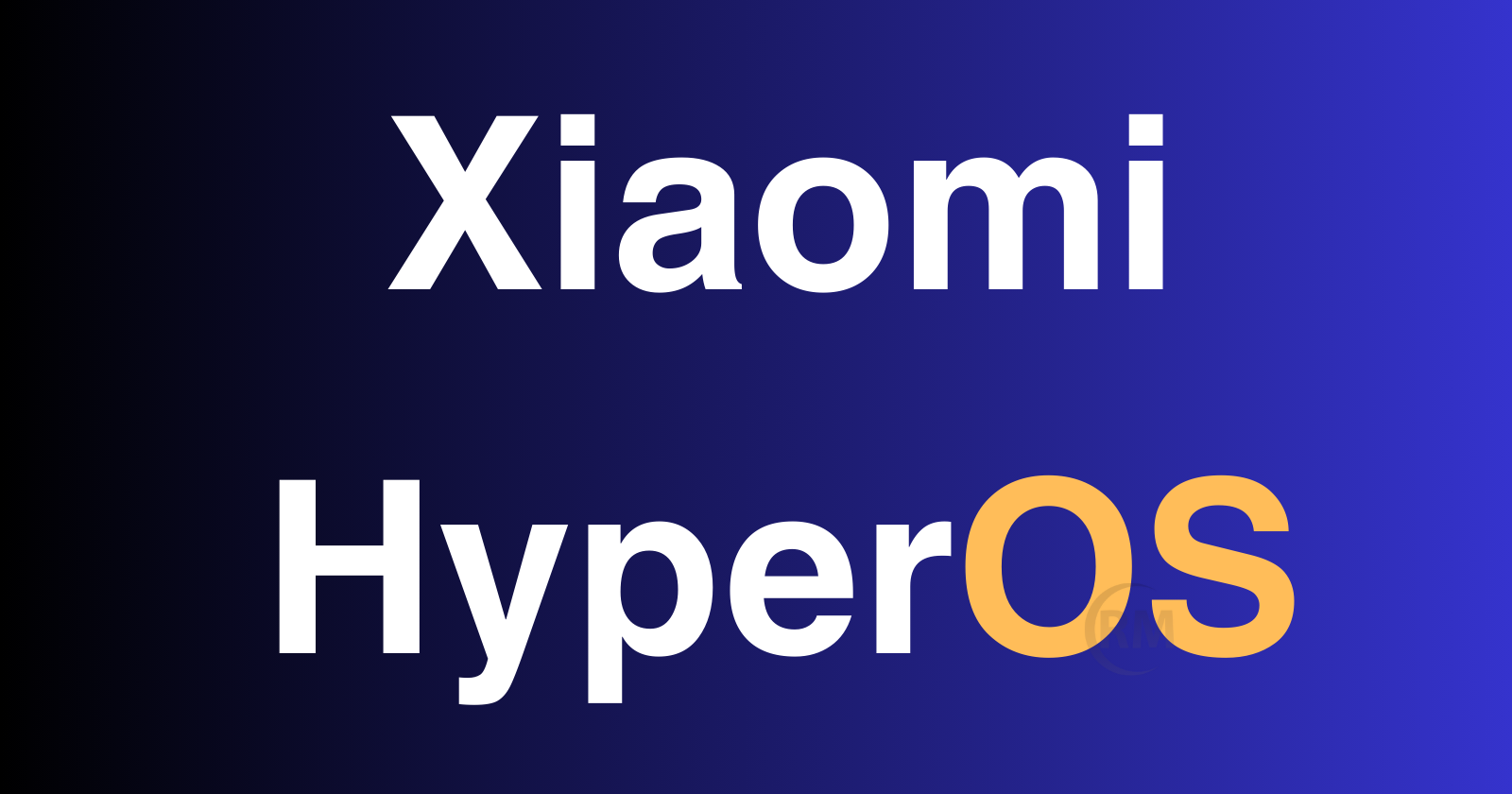Xiaomi has unveiled a new operating system called HyperOS, which is designed to be a human-centric operating system that will connect personal devices, cars, and smart home products in a smart ecosystem. HyperOS will debut on the Xiaomi 14 series smartphones, and will be available on other Xiaomi devices in the future.
Key Highlights:
- HyperOS is a new operating system from Xiaomi that is designed to be human-centric and connect personal devices, cars, and smart home products in a smart ecosystem.
- HyperOS will debut on the Xiaomi 14 series smartphones and will be available on other Xiaomi devices in the future.
- HyperOS is focused on four major goals: low-level refactoring, cross-end intelligent connectivity, proactive intelligence, and end-to-end security.

HyperOS is a significant departure from Xiaomi’s long-standing MIUI operating system, which has been a staple of Xiaomi’s Android devices for the past 13 years. HyperOS is built on top of Linux and an in-house Xiaomi Vela system, and is compatible with a wide range of hardware, starting with just 64 KB of RAM and going up to 24 GB.
Xiaomi says that HyperOS is focused on four major goals:
- Low-level refactoring: HyperOS has been refactored from the ground up to be more efficient and lightweight. This means that it will use less system resources and battery power, while still delivering a smooth and responsive user experience.
- Cross-end intelligent connectivity: HyperOS is designed to be seamless across all Xiaomi devices, making it easy to control and interact with your smart ecosystem from anywhere. For example, you can use your Xiaomi smartphone to control your Xiaomi smart home devices, or to access your Xiaomi car’s infotainment system.
- Proactive intelligence: HyperOS uses AI to learn your habits and preferences over time, and to proactively provide you with the information and services you need. For example, HyperOS can learn when you usually wake up and start your day, and then automatically launch the apps and services you use most often at that time.
- End-to-end security: HyperOS includes a number of security features to protect your data and privacy, including multi-factor authentication, data encryption, and intrusion detection.
Xiaomi CEO Lei Jun says that HyperOS is “a new beginning” for the company, and that it is “designed to help people live better lives.” He also says that HyperOS is “a platform for the future,” and that it will be used to power a wide range of Xiaomi devices, including smartphones, smart home products, and even cars.
Impact of HyperOS:
HyperOS is a significant development for Xiaomi, and it could have a major impact on the smartphone industry. If HyperOS is successful, it could help Xiaomi to differentiate itself from its competitors and to gain a larger market share. HyperOS could also be a boon for developers, as it would allow them to create apps that work seamlessly across all Xiaomi devices.
Xiaomi’s HyperOS is a new and exciting operating system with the potential to revolutionize the way we interact with our devices. HyperOS is focused on four major goals: low-level refactoring, cross-end intelligent connectivity, proactive intelligence, and end-to-end security.


















